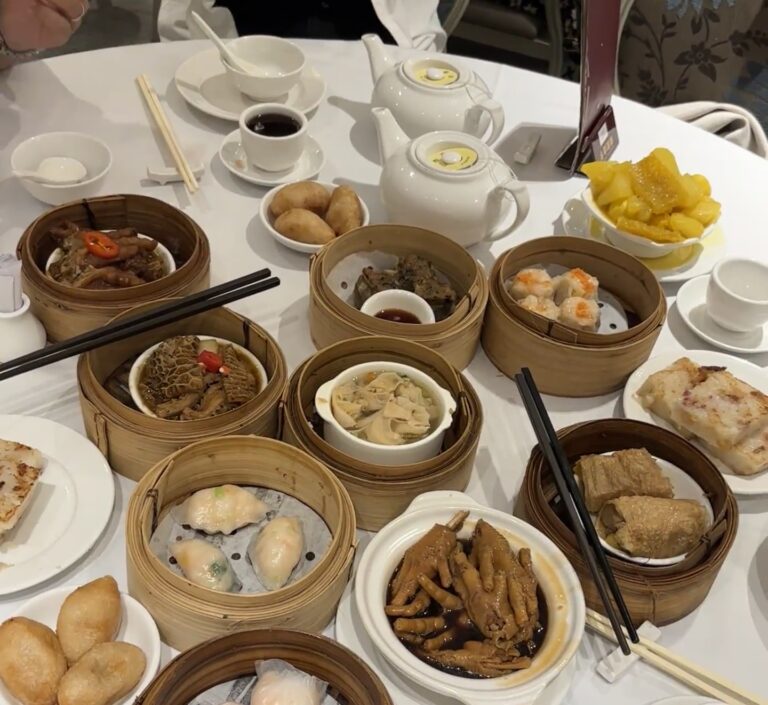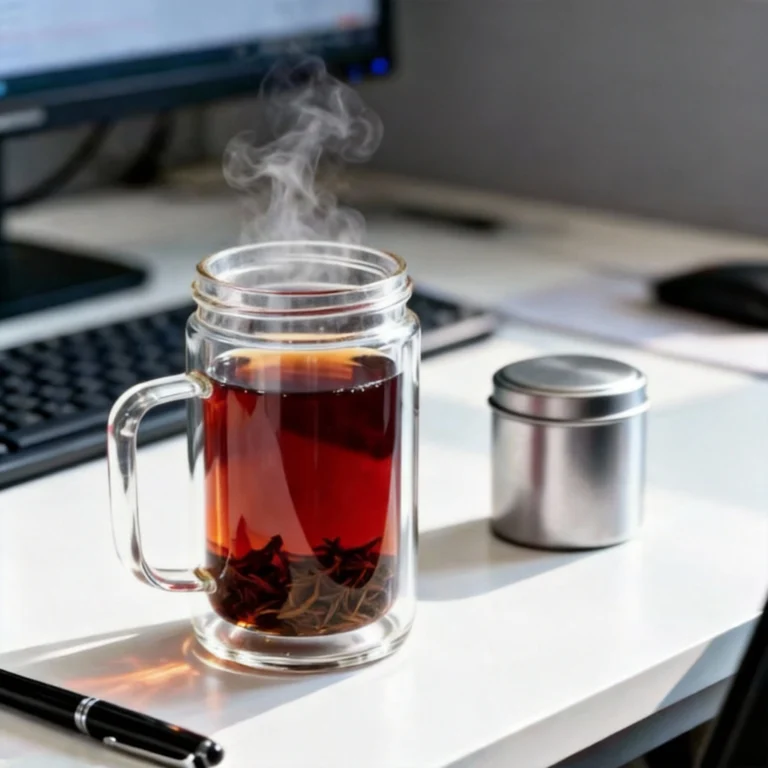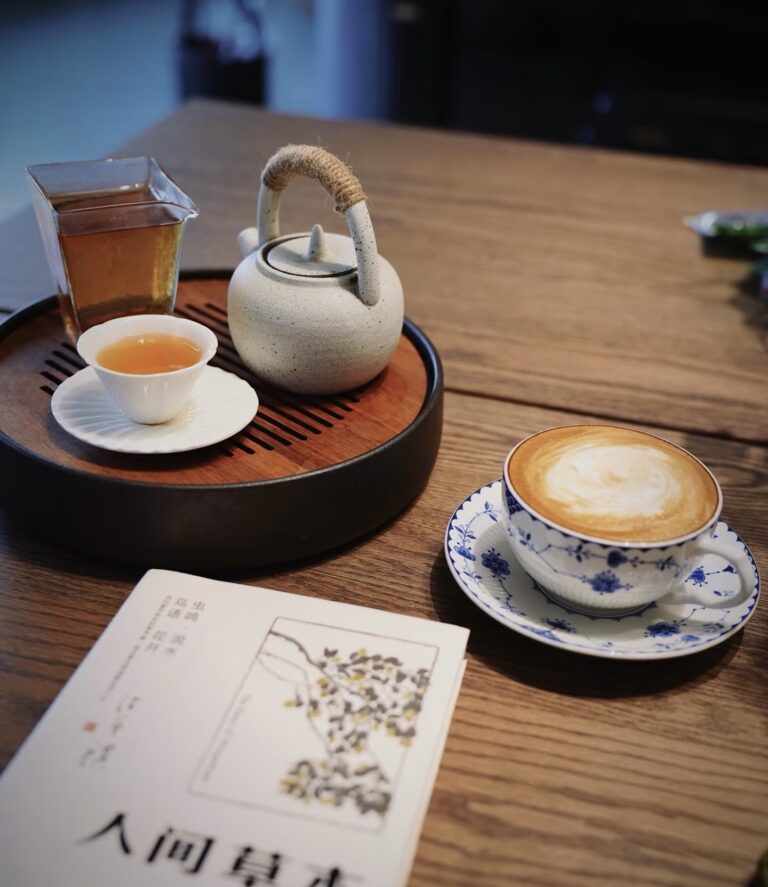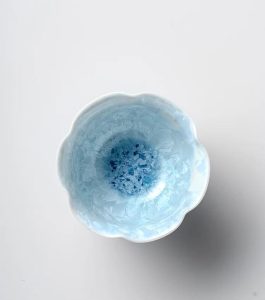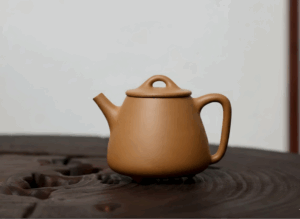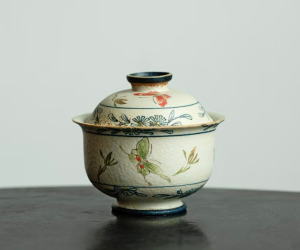
“Every holiday adds three pounds”—it’s the universal truth we often face after a long break. After days of celebratory feasting, many of us rush to “shed the festive fluff,” seeking quick fixes.
While adjusting your diet and hitting the gym are crucial, what you choose to drink also plays a role. If you’ve been reaching for a cup of Chinese tea hoping for a magic solution, you’ve likely noticed a familiar feeling: you drink tea, and soon, your stomach is rumbling again.
Is this quick rush of hunger the magical sign that the tea is actively “scraping the fat” away? Today, let’s explore the fascinating secret behind tea, hunger, and its true role in healthy weight management.
Why That Post-Tea Hunger is a False Alarm
That rapid rush of hunger after drinking tea is a completely normal physiological response, and it’s driven by a team of natural compounds in the tea leaf working together! This process is often mistaken as a sign of fat reduction—a key component of the Tea for Weight Loss Myth.
The Main Movers: Tea Polyphenols and Caffeine
The main players behind the immediate hunger sensation are:
- Tea Polyphenols: These compounds, including catechins and flavonoids, are responsible for the astringent taste and offer powerful antioxidant Chinese tea benefits.
- Caffeine (or Theine): This natural stimulant contributes to the bitter taste and is known for its alertness-boosting effects.
When these substances hit your stomach lining, they trigger two main responses: they stimulate the secretion of gastric acid and speed up gastrointestinal motility. In simple terms, these compounds act like a “fast forward” button for your digestive system. Your food breaks down faster, your stomach empties sooner, and your brain receives the “I’m hungry” signal ahead of schedule.
The Supporting Cast: Organic Acids and Vitamins
Supporting this digestive acceleration are other compounds found in tea:
- Organic Acids (like oxalic, citric, and malic acids): These further assist in the secretion of stomach acid.
- Essential Vitamins (C, B-complex, E, A): These subtly contribute to boosting your overall tea and metabolism efficiency.
The bottom line: The feeling of getting hungry fast is a sign of accelerated digestion, not a sign that the tea is directly dissolving or removing body fat.
Tea’s True Role: The Blood Lipid Breakthrough (Myth vs. Reality)

This is the biggest misunderstanding when discussing tea for weight loss. Numerous scientific studies, both in China and internationally, have confirmed that tea is highly effective at lowering blood lipids (triglycerides and cholesterol).
However, it does not significantly reduce body fat (subcutaneous and visceral fat), which accounts for 98% of your total body fat and is what truly determines your size and shape.
The ‘Vessel Cleaner’ Role: Prioritizing Heart Health
Tea’s impact on blood lipids is where its true health power lies. Compounds like catechins (in green tea), theaflavins (in black tea), and certain components in aged teas like Liu Bao or Pu-erh have been shown to help regulate blood lipid levels in the bloodstream.
For instance, clinical trials have shown that consistent consumption of different aged Pu-erh tea varieties can significantly reduce low-density lipoprotein cholesterol. If you’re interested in learning more about the compounds in certain Chinese teas, read our guide on [Exploring the Complex Taste Profiles of Aged Raw Pu-erh]
Think of tea as a gentle “vessel cleaner” for your cardiovascular system. Reducing your blood lipid levels is a huge win for protecting against diseases like atherosclerosis, but because blood lipids only make up about 2% of your body’s total fat content, the impact on your physical shape is minimal.
Hoping for tea to magically melt away stubborn body fat in your abdomen or thighs is simply unrealistic.
How to Use Chinese Tea to Support Your Weight Management Journey
The good news is that while tea isn’t a miracle diet pill, it is an invaluable tool that can support a healthy lifestyle.
The Chinese National Health Commission (NHC) even listed “light tea water” as a “Preferred Food (Beverage Category)” in its Adult Obesity Dietary Guide (2024 Edition). This endorsement is based on its role as a healthy, calorie-free beverage option.
- Replace Unhealthy Drinks: Tea is zero-sugar and virtually calorie-free. Swapping that sugary soda, juice, or high-calorie milk tea for a cup of light, refreshing tea is a simple, effective way to reduce your daily calorie intake without feeling deprived. If you need tips on getting started, check out [Pu Erh Tea Brew Guide].
- Satiety and Performance: Research suggests drinking tea before a meal can increase satiety, helping you control portion sizes. Furthermore, the caffeine in tea consumed before exercise can boost focus and endurance, leading to a better workout. Need the right tools? Find your perfect set in our [Chinese Tea Sets].
The Essential “Three Don’ts” for Healthy Tea Drinking
To enjoy the full spectrum of Chinese tea benefits without the drawbacks, remember this golden rule: moderation is key. Specifically, follow the “Three Don’ts”:
- Don’t drink too much. Excessive short-term consumption of tea (especially strong tea) can cause urinary frequency, sleep issues, and stomach irritation due to the high caffeine content.
- Don’t drink tea that is too strong. Concentrated tea has higher levels of stimulating compounds that can be harder on the stomach.
- Don’t drink tea that is too hot. Repeatedly drinking scalding hot liquids can pose health risks to the esophagus.
Tea is, and always has been, a guardian of health—it aids digestion, supports heart health by managing blood lipids, and helps control appetite.
It’s not a shortcut to a smaller waistline, but a long-term partner in wellness. Put aside the expectation that “drinking tea equals quick weight loss,” and instead, embrace the sustained, profound health value it offers.
Ready to start your journey with high-quality, authentic Chinese tea? Explore our Complete Chinese Tea Collection and find the perfect cup to complement your healthy lifestyle.

